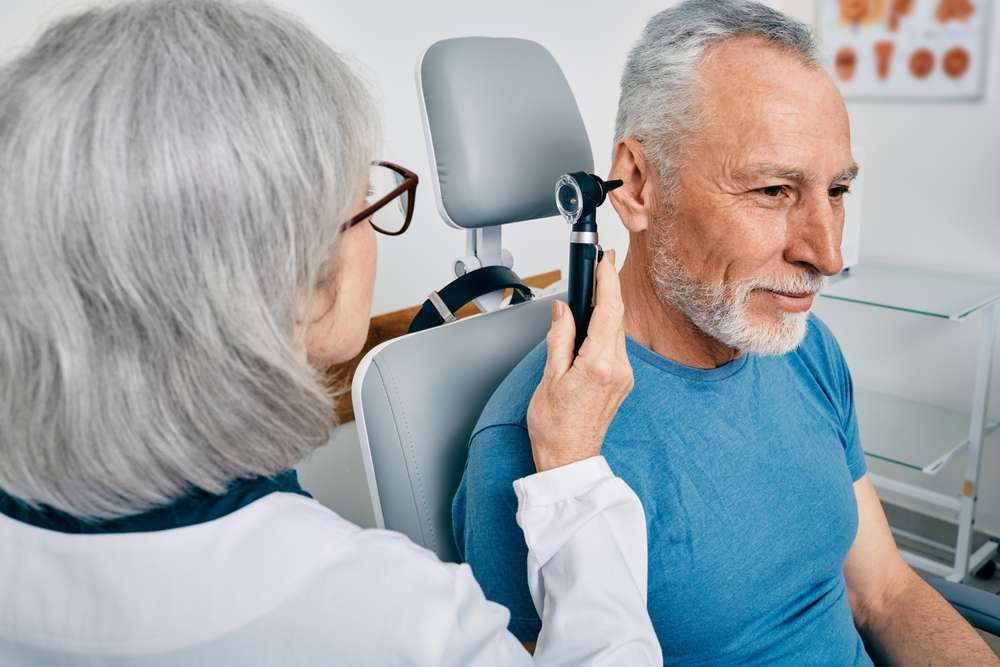Cosmetic Surgery on the NHS: What’s Available for Over 60s
Cosmetic surgery on the NHS for over 60s is limited, but in certain cases procedures may be available for medical or psychological reasons. This article explains why some seniors consider surgery, the most common procedures, key risks, and benefits that go beyond appearance.

What cosmetic procedures does the NHS offer for over 60s?
The NHS provides specific cosmetic surgeries for older adults when there is a clear medical need. These procedures are not typically offered for purely aesthetic reasons. Common cosmetic surgeries available on the NHS for seniors include:
-
Eyelid surgery (blepharoplasty): This procedure may be offered when excess skin on the eyelids significantly impairs vision.
-
Breast reduction: For women experiencing chronic back, neck, or shoulder pain due to large breasts.
-
Rhinoplasty: When breathing difficulties are caused by structural issues in the nose.
-
Skin removal after significant weight loss: To address excess skin that causes hygiene issues or mobility problems.
It’s important to note that these procedures are only provided when deemed medically necessary and after thorough evaluation by healthcare professionals.
Why might cosmetic surgery be considered for individuals over 60?
Cosmetic surgery for seniors on the NHS is primarily considered for functional rather than aesthetic reasons. Some common justifications include:
-
Improving vision: Eyelid surgery can help seniors whose sagging eyelids obstruct their field of vision.
-
Alleviating chronic pain: Procedures like breast reduction can relieve long-standing discomfort and improve mobility.
-
Enhancing breathing: Rhinoplasty may be performed to correct structural issues that impede breathing.
-
Preventing skin infections: Removal of excess skin after major weight loss can reduce the risk of infections and improve hygiene.
-
Restoring function after injury or illness: Reconstructive procedures may be offered to address disfigurement caused by accidents or medical conditions.
What are the risks and considerations for older adults undergoing cosmetic surgery?
While cosmetic surgery can offer benefits, it’s crucial for seniors to understand the potential risks and considerations:
-
Increased surgical risks: Older adults may have a higher risk of complications due to age-related health conditions or reduced healing capacity.
-
Longer recovery times: Seniors might require extended periods for healing and rehabilitation after surgery.
-
Medication interactions: Existing medications may interact with anesthesia or post-operative treatments.
-
Psychological impact: Changes in appearance, even when medically necessary, can affect self-image and emotional well-being.
-
Limited cosmetic outcomes: The results of cosmetic procedures in older adults may be less dramatic compared to younger patients due to skin elasticity and other age-related factors.
How can seniors benefit from cosmetic surgery beyond aesthetics?
While the NHS focuses on medical necessity, cosmetic procedures can offer additional benefits for seniors:
-
Improved self-confidence: Addressing physical issues can enhance self-esteem and social engagement.
-
Better quality of life: Resolving functional problems can lead to increased independence and daily comfort.
-
Enhanced physical function: Procedures like eyelid surgery can improve vision, potentially reducing the risk of falls and accidents.
-
Psychological well-being: Correcting disfigurements or functional issues can alleviate anxiety or depression related to appearance or physical limitations.
-
Social participation: Improved physical function and appearance may encourage more active social participation.
What is the process for accessing cosmetic surgery on the NHS for over 60s?
Accessing cosmetic surgery on the NHS involves several steps:
-
Consultation with a GP: The first point of contact is usually a general practitioner who can assess the medical need.
-
Referral to a specialist: If deemed necessary, the GP will refer the patient to a relevant specialist for further evaluation.
-
Assessment of medical necessity: The specialist will determine if the procedure is medically required and meets NHS criteria.
-
Approval process: If recommended, the case may need to be reviewed by a panel for final approval.
-
Waiting times: Due to NHS resource limitations, there may be significant waiting times for approved procedures.
-
Follow-up care: Post-operative care and monitoring are typically provided as part of the NHS treatment plan.
It’s important to note that cosmetic procedures for purely aesthetic reasons are not typically covered by the NHS and would require private funding.
In conclusion, while the NHS does offer some cosmetic procedures for individuals over 60, these are limited to cases of clear medical necessity. Seniors considering such surgeries should consult with their healthcare providers to understand their options, potential benefits, and associated risks. The focus remains on improving quality of life and addressing functional issues rather than aesthetic enhancement.
This article is for informational purposes only and should not be considered medical advice. Please consult a qualified healthcare professional for personalized guidance and treatment.




